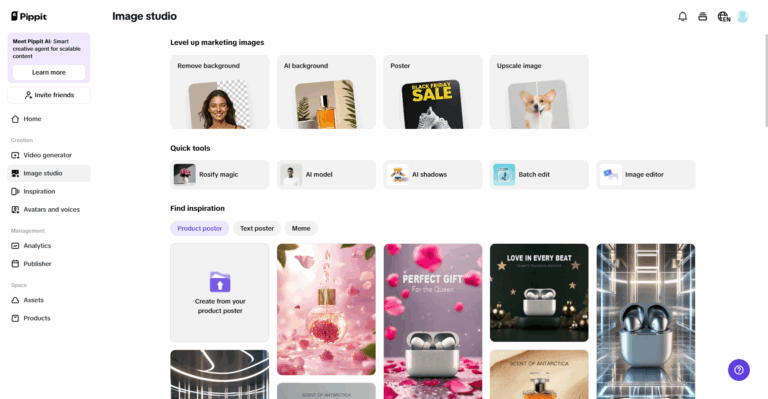Over the past decade, the global startup scene has seen a dramatic shift. While Silicon Valley, Berlin, and Singapore remain innovation giants, a new player is stepping into the spotlight: the Middle East. With rising investment, government support, and an explosion of young entrepreneurial talent, the region is undergoing a major transformation — one that’s turning it into a serious contender in the global startup arena.
And it’s not just tech and business that are seeing change. Take the online entertainment space, for example. Platforms like Arab Casinos are making waves by helping users find the best Arabic casinos, so you can get started with Casinosarabi right away. This reflects a broader trend: digital experiences in Arabic are finally catching up with global standards — offering localized, innovative, and user-friendly solutions. It’s this exact mindset — innovation with a regional twist — that’s pushing startups across the Middle East to thrive.
What’s Driving the Startup Boom?
Several key factors are positioning the Middle East as a hotspot for new businesses:
- Government Support: Nations like the UAE and Saudi Arabia are investing heavily in startups, offering incentives such as tax relief, funding, and innovation hubs.
- Growing Investment: Venture capital continues to fuel the region’s startups, with $1.9 billion invested in 2024 and expectations of further growth in 2025.
- Youthful Talent: With over 50% of the population under 30, the region has a tech-savvy workforce eager to innovate.
- Strategic Location: Sitting between Europe, Asia, and Africa, it’s an ideal base for reaching international markets.
Key Advantages for Startups
Here’s a quick look at what makes the Middle East attractive for new businesses:
- Affordable startup costs due to government programs.
- Access to substantial investor funding.
- A young, digitally skilled population.
- Connectivity to major global markets.
Here’s A Snapshot Of The Region’s Edge:
| Aspect | Details |
| Key Drivers | Government support, growing investment, youthful talent, prime geographic position |
| Startup Advantages | Affordable costs, access to funding, skilled young workforce, global connectivity |
| Top Industries | Fintech, Healthtech, Edtech, E-commerce, Entertainment & Gaming |
| Unique Strengths | Strategic location, cultural diversity, tech-friendly population |
Where the Opportunities Lie
The startup potential in the Middle East goes far beyond just one or two industries. The region is seeing growth in:
- Fintech – Digital payments, neobanks, and crypto platforms.
- Healthtech – Online consultations, health data, and wearable integration.
- Edtech – Online courses, localized learning platforms, and remote education tools.
- E-commerce – Serving underserved markets with logistics innovation.
- Entertainment and Gaming – Digital media, Arabic content platforms, and online casinos.
These sectors are thriving because they solve real regional problems — and consumers are eager for smarter, more accessible digital experiences.
What Sets the Middle East Apart?
Let’s break down the key advantages that make the region so appealing:
Strategic Location
Right between Europe, Asia, and Africa, the Middle East is a perfect launchpad for startups aiming to scale across continents.
Language and Cultural Diversity
Arabic is one of the world’s most spoken languages — yet still underserved in tech. Startups here have the chance to build tools and platforms tailored to a huge, eager audience.
Tech-Friendly Population
Smartphone penetration is over 90% in countries like the UAE and Saudi Arabia. That means high adoption rates for digital services — from banking to shopping to gaming.
The Middle East is no longer just an emerging market — it’s an emerging leader. The mix of forward-thinking policies, abundant funding, rapid digital adoption, and motivated young talent is creating a solid base for long-term, tech-driven growth. Whether you’re an investor, entrepreneur, or curious observer, this is a region worth watching — and engaging with. Because the Middle East isn’t just catching up — it’s breaking new ground.






